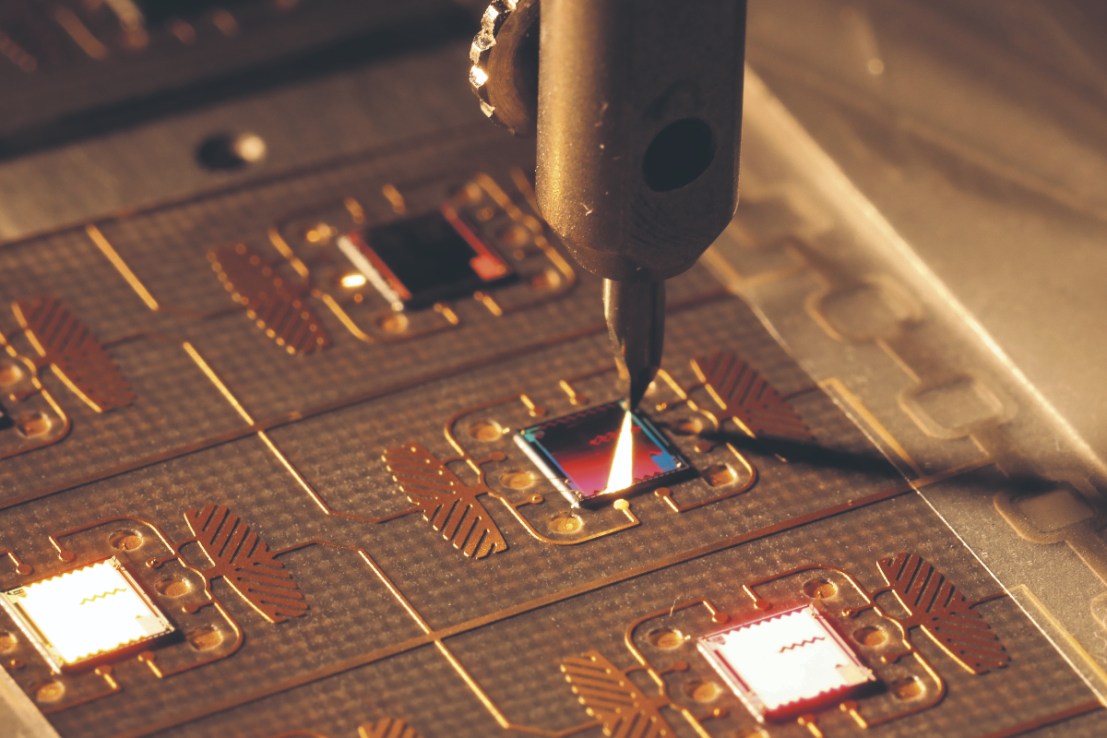Activist short seller Hindenberg accuses stock behind AI boom of ‘accounting manipulation’
Activist short seller Hindenberg Research has targeted Super Micro Computer in its new report for “accounting manipulation”, as the group takes aim at the centre of the AI boom. The $32bn company has “ridden the wave of AI enthusiasm” to grow its stock price almost 700 per cent over the last two years, the group [...]


Activist short seller Hindenberg Research has targeted Super Micro Computer in its new report for “accounting manipulation”, as the group takes aim at the centre of the AI boom.
The $32bn company has “ridden the wave of AI enthusiasm” to grow its stock price almost 700 per cent over the last two years, the group noted. It has since fallen by more than 24 per cent upon open.
The three month, 19,000 word investigation from Hindenberg accused Super Micro Computer of “significant accounting, governance and compliance issues”, as well as offering an “inferior product and service now being eroded away by more credible competition”.
Following the report, Super Micro Computer delayed its full-year 10-K filings, stating that additional time was needed “to complete assessment of its internal controls over financial reporting”.
In 2018, Super Micro Computer was delisted from the Nasdaq after it failed to file financial statements, and was eventually charged in 2020 by the US Securities and Exchange for “widespread accounting violations”.
This was mainly due to over $200m in improperly recognised revenue and understated expenses, resulting in artificially elevated sales, earnings and profit margins.
Less than three months after it was charged and paid the SEC a $17.5m settlement, Hindenberg alleged that the company had begun to hire back top execs that were directly involved in the accounting scandal.
“Almost all of them are back. Almost all of the people that were let go that were the cause of this malfeasance,” a former sales person allegedly told Hindenberg,
According to a lawsuit filed this April, Super Micro Computer waited only three months after the SEC settlement before restarting “improper revenue recognition,” “recognising incomplete sales,” and “circumvention of internal accounting controls”.
This problem, along with other improper behaviour, seems to have continued to the present day, such as with Super Micro Computer supplier Ablecom and Compuware, which is controlled by the company’s CEO’s brothers and has been allegedly paid $983m in the last three years.
“One former salesperson described pushing products to distributors based on made-up demand forecasts, completing a partial shipment, then later coming up with an excuse for why the rest didn’t happen,” Hindenberg said.
“All told, we believe Super Micro is a serial recidivist,” the short seller concluded.
The news comes as Nvidia, the largest player in the chip space, is set to report its second-quarter results later this evening.
Super Micro Computer has been contacted for comment.



